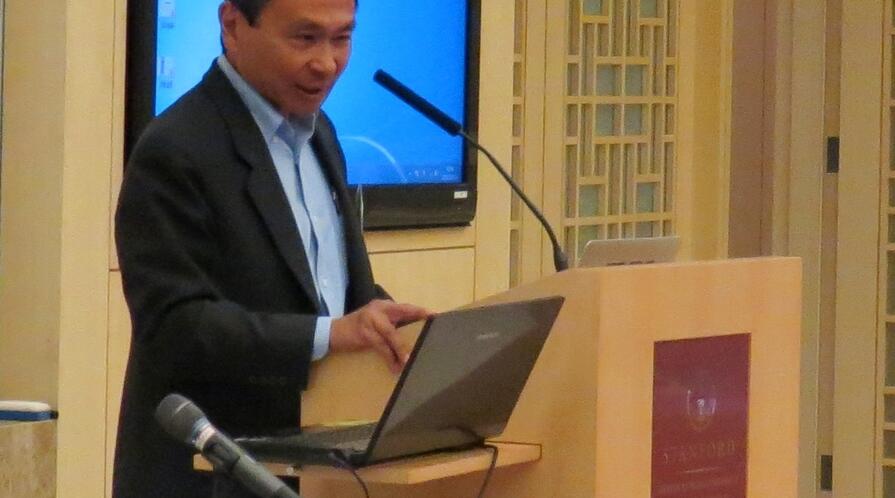Working paper series on the quality of governance in China debuts
Working paper series on the quality of governance in China debuts

As part of its ongoing effort to better conceptualize and measure governance, the Governance Project housed at Stanford’s Center on Democracy, Development and the Rule of Law held two workshops in Beijing and Sonoma in the fall of 2012. The workshops featured Chinese and Western scholars who proposed new approaches to assess the quality of governance in China. A collection of papers capturing the various dimensions of governance presented at the workshops was released in May to contribute to the body of scholarship on this subject.
The Governance Project is led by Francis Fukuyama, the Olivier Nomellini Senior Fellow at FSI, who launched the initiative in 2012 to engage scholars in the exercise of evaluating the quality of state institutions and government effectiveness. The paper series helps to define the concept of governance more broadly and to outline parameters for its assessment.
Authors who contributed to the series include: Bo Rothstein, the August Röhss chair in political science and head of the Quality of Government Institute at the Göteborg University in Sweden, who examines the quality of government in China through the lens of public administration; Zhao Shukai, a researcher from China’s Development Research Center and deputy secretary-general of the China Development Research Foundation, who discusses rising social tensions in rural China as evidenced by conflicts in grassroots governance; and Anthony Saich, the Director of the Ash Institute for Democratic Governance and Innovation at the Harvard Kennedy School, who surveys Chinese households to gauge levels of dissatisfaction with the government, the performance of local officials in dealing with the public and implementing policy, and with the provision of goods and services.
